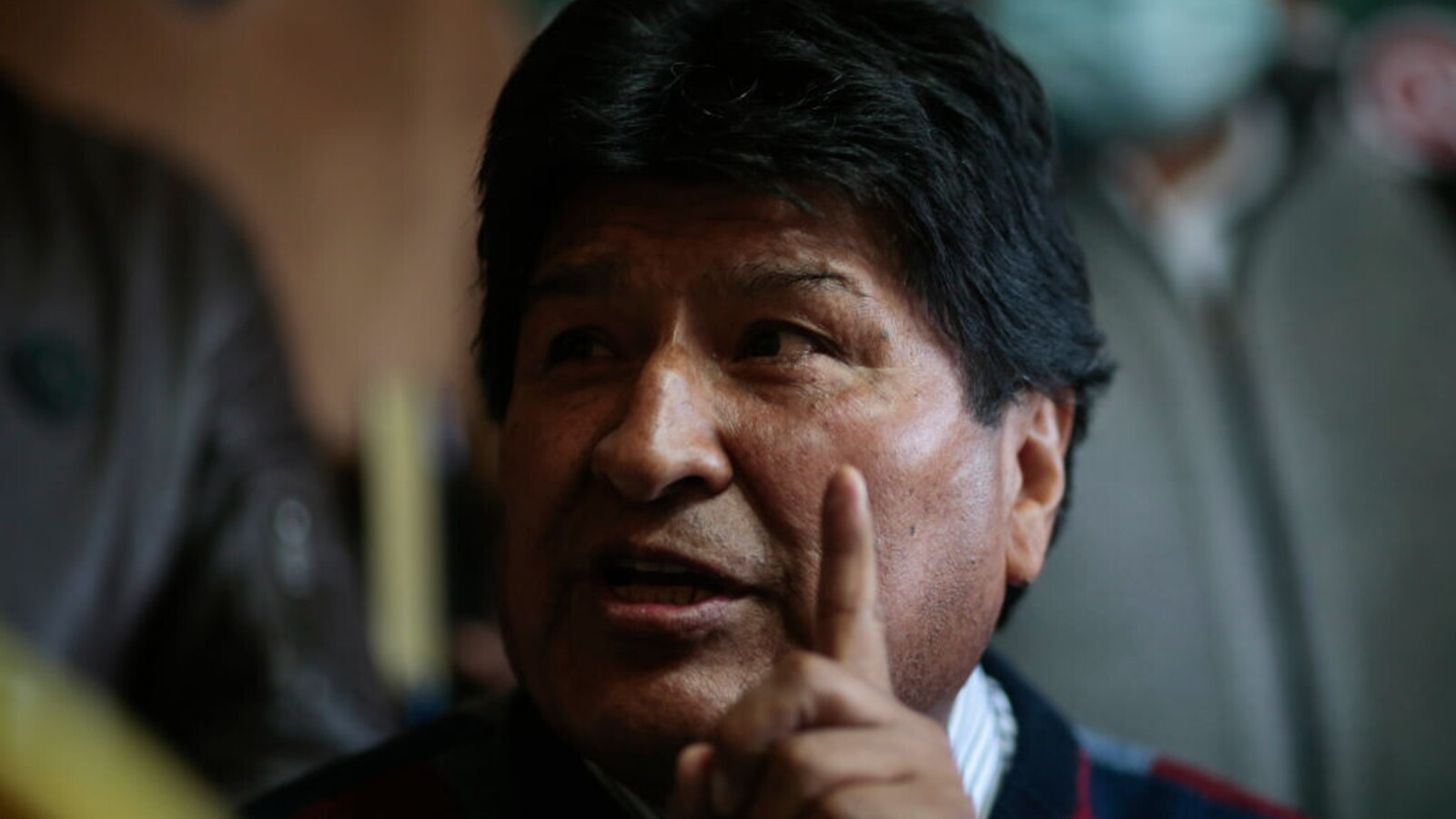Bolivia’s President Arce Announces Key Measures, Including Referendum on Morales’ Re-election
Bolivian President Luis Arce has delivered his most significant speech in nearly four years of his administration, announcing several important measures, including a referendum to decide on the re-election eligibility of former President Evo Morales, who served from 2006 to 2019.
Economic Challenges
Arce also addressed the country’s ongoing fuel and dollar shortages, which have pushed the country to the brink of a severe social crisis. While the government’s decision to import Russian diesel has yet to alleviate the crisis, Arce attributed the economic challenges his government faces to rising international prices, the climate crisis impacting agro-exports, declining hydrocarbon production, and legislative blockades “that have triggered a shortage of foreign currency.”
Bolivia currently imports half of its gasoline and 82% of the diesel it consumes. Heavy government subsidies on fuel have depleted foreign exchange reserves, exacerbating the dollar shortage. The country requires approximately $10 million daily to import fuels, paid for at international prices, while selling them domestically at half the price.
Furthermore, lack of investment following the 2006 nationalization of hydrocarbons during Morales’ administration has stalled the natural gas industry, which was once the economy’s mainstay.
Referendum on Morales’ Re-election
The referendum on Morales’ eligibility appears aimed at resolving a dispute with his former political mentor. Morales has already declared his candidacy for next year’s presidential election, clashing with Arce’s own aspirations. This struggle has divided and weakened the Movement for Socialism (MAS), causing Arce’s administration to face its toughest period.
Arce acknowledged that this division within his party has resulted in the loss of the majority in the Legislative Assembly, where lawmakers close to Morales have blocked the approval of international loans intended to reactivate the economy.
The two leaders are competing for control of the party apparatus ahead of the 2025 presidential elections, the bicentennial of Bolivia’s independence from Spain. A referendum held by Morales in 2016 had rejected his re-election for the 2019 elections, but he was allowed to participate after approval from the Constitutional Court.
With these measures, Arce has finally seized political initiative, sending a clear message to Morales: citizens will likely revoke his eligibility as a candidate in 2025. The announced referendum, Arce said, will be held alongside judicial elections and include two other contentious issues: whether to maintain fuel subsidies and how to reform the allocation of parliamentary seats.
But the crux of the speech was the referendum to decide on the interpretation of Article 168 of the constitution, regarding presidential re-election. The article’s ambiguous wording led to a December 2023 Constitutional Court ruling, which failed to clarify the situation.
It is likely that Morales will lose his right to re-election in the upcoming referendum, as voters supporting Luis Arce and traditional opposition voters are expected to vote against his eligibility. Polls indicate that Morales’ support stands at only 30%.
In his speech, Arce stated that the referendum will ask citizens to determine the “continuous or discontinuous election of the President and Vice President of the Plurinational State of Bolivia.”
Without Morales as a candidate, the balance of power shifts, strengthening Arce’s potential candidacy as well as those from opposition candidates. Morales would be forced to name a political heir, likely Senate President Andrónico Rodríguez, the current President of the Senate, who has questioned whether the referendum will solve the country’s economic and political problems.
If the substantial split in the MAS between the factions led by Luis “Lucho” Arce and Evo Morales is not resolved within the next year, a real opportunity presents itself for the opposition, which has remained divided until now, to end the protracted history of one of the governments that have been labelled as 21st-century socialism in Latin America.
